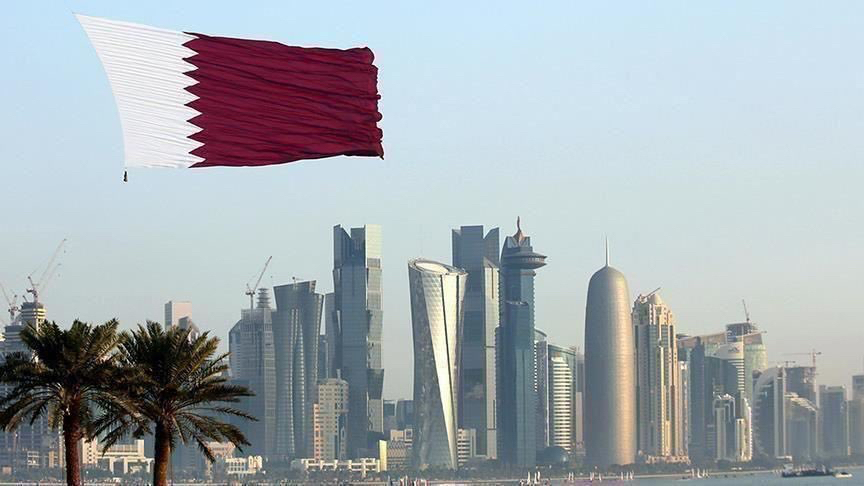This investment marks the first Gulf state-American collaboration set to loosen China’s grip over global critical mineral supply chains.
The Qatari sovereign wealth fund is set to become one of the largest investors in a Dublin based company which specialises in metal mining of critical materials such as lithium, nickel, cobalt and rare earths needed for clean energy transition.
On Wednesday, TechMet announced that the Qatar Investment Authority (QIA) has pledged an initial investment commitment of $180 million.
“This investment aligns with QIA’s ambition to invest in a broad range of areas in the industrials sectors such as critical minerals,” the TechMet news release added.
TechMet, which also specialises in metal extraction, processing, recycling and battery manufacturing technologies, also said that the QIA investment pledge boosted the company to meet its $300m fundraising target.
The company’s valuation now stands at over $1 billion.
Other investors include Chicago based S2G Ventures, which has invested $50 million in TechMet. The U.S. International Development Finance Corporation has also invested $105 million since 2020.
This marks the first such investment collaboration between a Western and Gulf state to “loosen” Chinese dominance over the supply of minerals for the clean energy sector, the Financial Times reports.
Findings published last year by Goldman Sachs about global mineral supply chains revealed that at least 75% of all batteries are made in China.
The findings added that the Asian country accounts for 85% – 90% of global rare earth element mine-to-metal refining. China also refines 68% of the world’s cobalt, 65% of nickel and 60% of lithium needed for electric vehicle batteries.
“A major sovereign investor coming in alongside the U.S. government accelerates our ability to scale and expand the portfolio and build significant value across critical minerals supply chains,” Brian Menell, TechMet founder, chairman and CEO, remarked.
Earlier in February, speaking during the Qatar 2024 Web Summit, Menell referenced what he described as a “transitional horizon” among Gulf countries, including Qatar, to diversify economies both at a state and private level, including investing in global critical mineral supply chains.
“There is a lot of appetite in the Gulf which will make a big difference to our industry,” he said.







